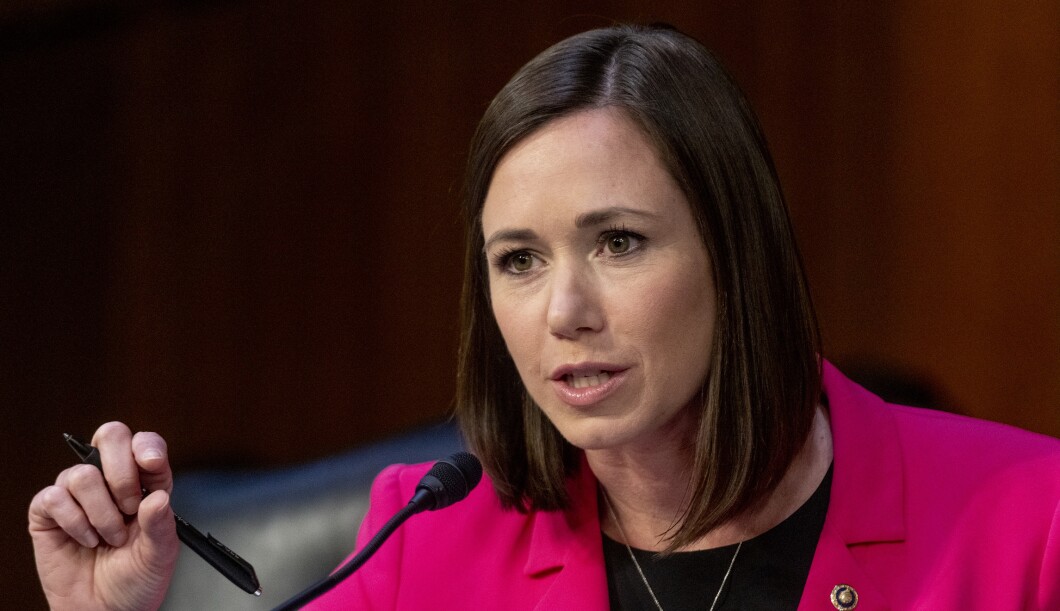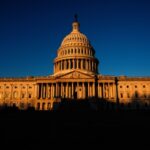
Attorney General Merrick Garland said Tuesday he was not aware of guidelines given to the U.S. Marshals Service to “avoid” arresting protesters outside the homes of Supreme Court justices in the fallout of a leaked opinion that signaled the eventual overturning of Roe v. Wade.
Republican lawmakers have amplified scrutiny of President Joe Biden‘s Justice Department for alleged failures to arrest protesters under a federal statute that makes it a crime to protest at the private residence of a federal judge with the intent to influence any decision before them in court.
TED CRUZ CLASHES WITH MERRICK GARLAND OVER DOJ RESPONSE TO SUPREME COURT LEAK: ‘YOU DID NOTHING’

A whistleblower provided copies of guidelines to Sen. Katie Britt (R-AL) that were given to U.S. marshals showing that deputies were highly discouraged from making arrests unless the lives of the justices of their families were in danger. A spokesperson for Britt said the source was “concerned about the attorney general’s misleading testimony before the Judiciary Committee.”
One line on the guidelines told the deputies to “avoid, unless absolutely necessary, criminal enforcement actions involving the protests or protesters, particularly on public space,” with a subsequent instruction stating “arrests and initiating prosecutions is not the goal of the USMS presence at SCOTUS residences,” Britt said during a Senate Appropriations subcommittee hearing, emphasizing the “not” was underlined and italicized in the actual guidelines.
Garland said he was unaware of such instructions and that he previously gave marshals permission to make arrests.
“I’m the first attorney general who has ever ordered marshals to protect the residences of the justices and protect them 24/7,” Garland said. “That’s their principal responsibility, but that doesn’t mean that they are in any way precluded from bringing other kinds of arrests.”
At a Senate Judiciary Committee hearing earlier this month, Garland was pressed by some Republican lawmakers as to why the marshals haven’t sought to arrest for violations of the federal law barring intimidation efforts against judges.
“We are trying to protect the lives of justices. That is our principal priority,” Garland said on March 1. “Decisions have to be made on the ground about what is the best way to protect those lives.”
Garland doubled down that he wasn’t aware of the guidelines and declined a request by Britt to “amend” his statement from earlier this month.
“There’s nothing for me to amend because, as I said, I’ve never seen those slides before,” the attorney general said.
Britt responded that it’s “clear” the marshals were given a different directive and implored Garland to “look into that, please.”
CLICK HERE TO READ MORE FROM THE WASHINGTON EXAMINER
Garland also signaled earlier in the hearing that he hoped marshal protection services for justices’ homes would not be a “long-term solution for the justices,” noting, “This is a task we’d gladly turn over to the Supreme Court Police.”
The Justice Department ordered the deputy U.S. marshals to the homes of the justices in May following public outcry and protests outside the Supreme Court and their homes in response to a leaked draft opinion signaling the overturning of Roe, which became a reality after the justices handed down the 6-3 opinion on June 24 last year.







